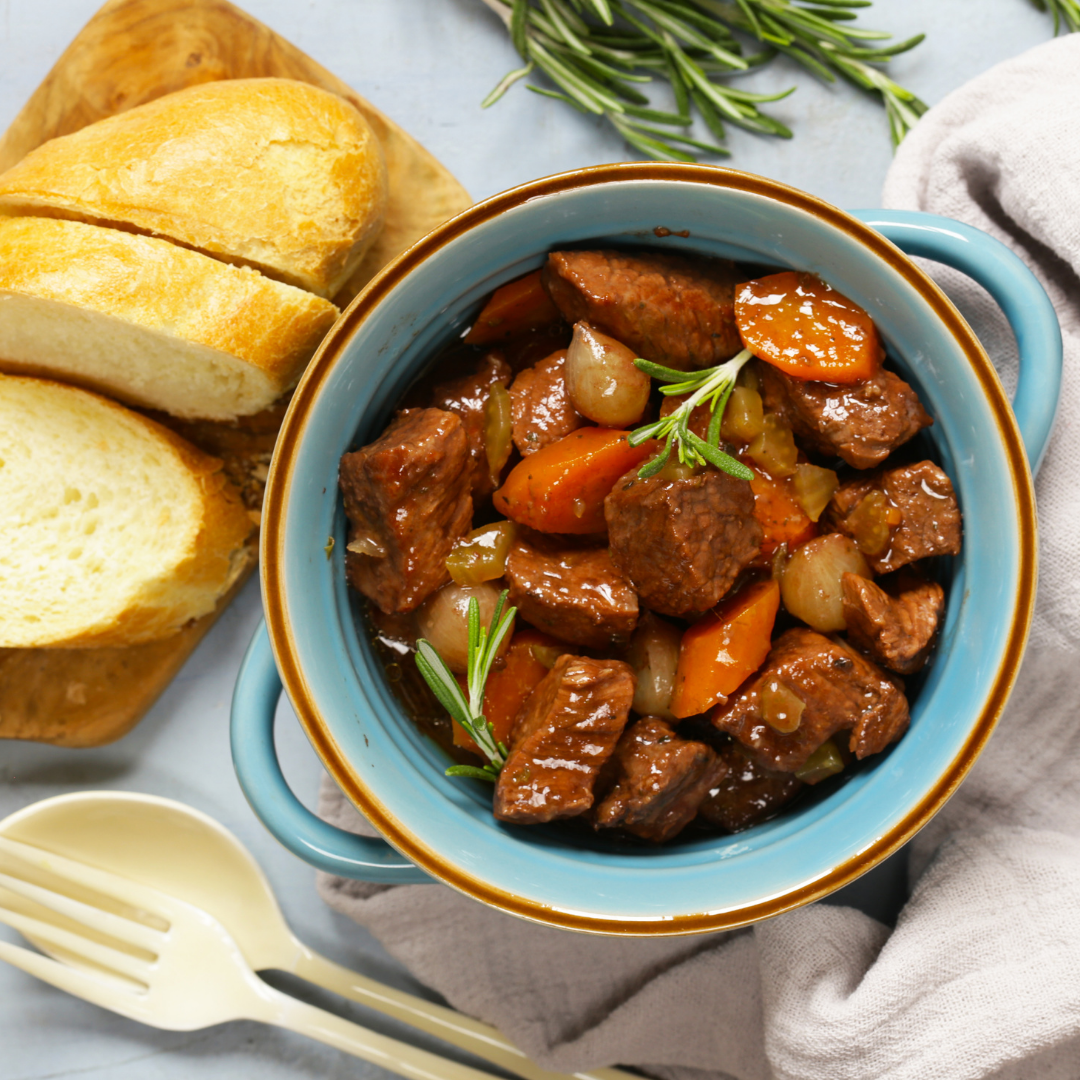Comfort foods are a defining feature of human existence. If you’ve ever gone without food or been forced to eat something you really don’t like, you know that the desire for something familiar is overwhelming. We even have a name for it: “comfort food.” But why do we respond so strongly to certain foods? What makes them so satisfying to us? And how can we harness this effect to our benefit?
Comfort food-food that restores us from the stresses of everyday life is something everyone needs to survive, yet it may not be as simple as it seems. The term “comfort food” is often used to describe foods that offer some kind of healing benefit to the eater. But the science of eating comfort foods is more complicated than that. Read more.
Comfort Foods: It Gives Us Comfort
Also, it is something that is enjoyed after a stressful event, and it seems that it is something that we all know all too well. Your typical comforting food is something that can bring you back to a time when things were better and you were happier. Many people often eat comfort foods when they are feeling down, and people often eat comfort foods when they are feeling down to boost their mood. You can either do this at home, or you may even go out to a restaurant such as the Green Room, where you can have classic foods that bring you joy, or something new that invites that burst of happiness into your day.
We all know that eating comfort food helps us so much, but why?
Comfort food is the closest we can come to experiencing the exact opposite of hunger. It’s the sense of warmth and well-being that we feel when we’re in a comforting situation. These feelings can be associated with finding food whether it’s in the form of some take-out food from a sushi restaurant (or elsewhere) or something purchased from a store. This type of food is the physical manifestation of the emotions and feelings we get when we eat food.
Why Do We Crave or Our Comfort Foods?
It’s easy to pretend that the comfort foods we crave can get us through tough times. And it’s easy to pretend that comfort foods curb emotional eating and keep us happy. But the truth is, comfort foods are as much a part of our culture as our culture is of us.
You wouldn’t expect comfort food to be good for you, but that’s exactly what it does: it helps us cope when we’re nervous, sad, stressed, or otherwise upset.
We crave comfort foods because they give us the sense of security that our past has not gone horribly awry. We crave comfort foods because they give us the assurance that we are still able to make the most of our lives and take care of ourselves. We crave comfort foods because that reassuring feeling of familiarity and familiarity makes us feel safe.
Which Do You Prefer, A Healthy Meal or Your Comfort Food?
If you ask people why they choose comfort food over healthy meals, they will likely say they crave the taste, texture, and/or sensation. It’s also common for people to explain that these foods have been a part of their lives for a long time, and therefore a taste of their favorite comfort food is a comfort in its own right. If you’re a big fan of comfort foods, you may find that even when your body needs the nutrients most, the thought of a certain food can make your stomach growl and your mouth water.
The truth is, when we want comfort food, we are actually craving comfort and not just food comfort. We are craving this sense of security, and what gives us that is often a dopamine-driven response. As a treat, comfort foods do that for us, which is why they are a treat. But, when we eat them for dinner, we are getting the same sense of comfort without the treat.
Conclusion
Comfort food is a phrase that is widely used but rarely explained. While the general consensus is that comfort food helps us feel better, many of us don’t know why. Comfort food is simply what we call the things that make us feel better, and it’s the food we reach for when we’re sad or stressed out or the food we eat when we’re having a bad day.
Let’s face it, we all live for the occasional nosh, whether it’s to ease our stress or give our bodies a little boost. But this habit is more than just a sneaky way to get your hands on a snack. The truth is, comfort food is an essential part of our lives and the vast majority of the time, it’s the key to making us feel better.

